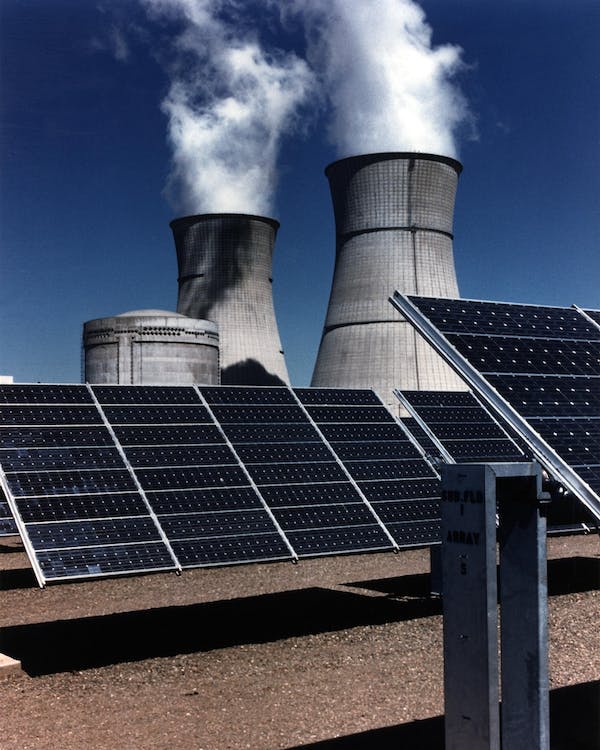Solar Panel Longevity: What You Need to Know
The Anticipated Longevity of Home Solar Panels: What Homeowners Should Know. In recent times, solar panels have secured a firm place in residential areas, offering a green, financially prudent alternative to conventional energy sources. Given this rise in adoption, it is natural for potential buyers and current owners to ponder on the longevity and efficiency trajectory of these energy systems over time. So, what kind of lifespan and maintenance schedule can one anticipate for residential solar panels?
Typically, home solar panels promise a productive life stretching across 25 to 30 years, a timeframe that can fluctuate based on various determinants such as the craftsmanship of the panel, the expertise exhibited during installation, the extent of exposure to harsh weather elements, and the adherence to a regular maintenance regimen. While there may be a modest decline in efficiency as the years pass, it is reassuring to know that solar panels maintain their ability to generate electricity consistently throughout their lifespan.
To foster a nuanced understanding of a residential solar panel’s lifespan, it is imperative to also scrutinize the lifespan of the battery system, provided it is a part of your solar setup. Generally, these battery systems necessitate a replacement or overhaul in a window of 5 to 15 years, a lifespan that can be extended with diligent maintenance and frequent monitoring.
Comparing the lifespan of residential variants to their commercial counterparts – which are tailored for extensive projects like powering industrial complexes or facilitating power plants – it becomes evident that residential panels tend to have a slightly condensed lifespan. This is attributable to disparities in manufacturing protocols and the intensity of usage. However, these commercial panels, fortified with warranties spanning 20 to 25 years, demonstrate remarkable endurance, continuing to function effectively past their warranty period when maintained well.
In conclusion, having a precise grasp on the expected lifespan of residential solar panels empowers homeowners to judiciously plan for future replacements or enhancements, while optimizing the returns on their investment in this renewable technology. Embracing a proactive approach towards regular inspections and timely interventions for repairs can ensure that households reap the rewards of this eco-friendly energy solution for many decades, with minimal disruptions and sustained performance.
Key Takeaways:
- Home solar panels can efficiently serve for a period of 25 to 30 years, with the exact duration influenced by several factors including the quality of materials and installation technique.
- Despite a gradual decrease in efficiency over the years, solar panels retain their electricity generation capacity throughout their lifespan.
- Solar battery systems, often accompanying solar panel setups, generally require a revamp or replacement every 5 to 15 years, a lifespan extendable with meticulous maintenance.
- Though residential solar panels have a slightly reduced lifespan compared to commercial panels, adhering to a vigilant maintenance routine can help in prolonging their operational life.






